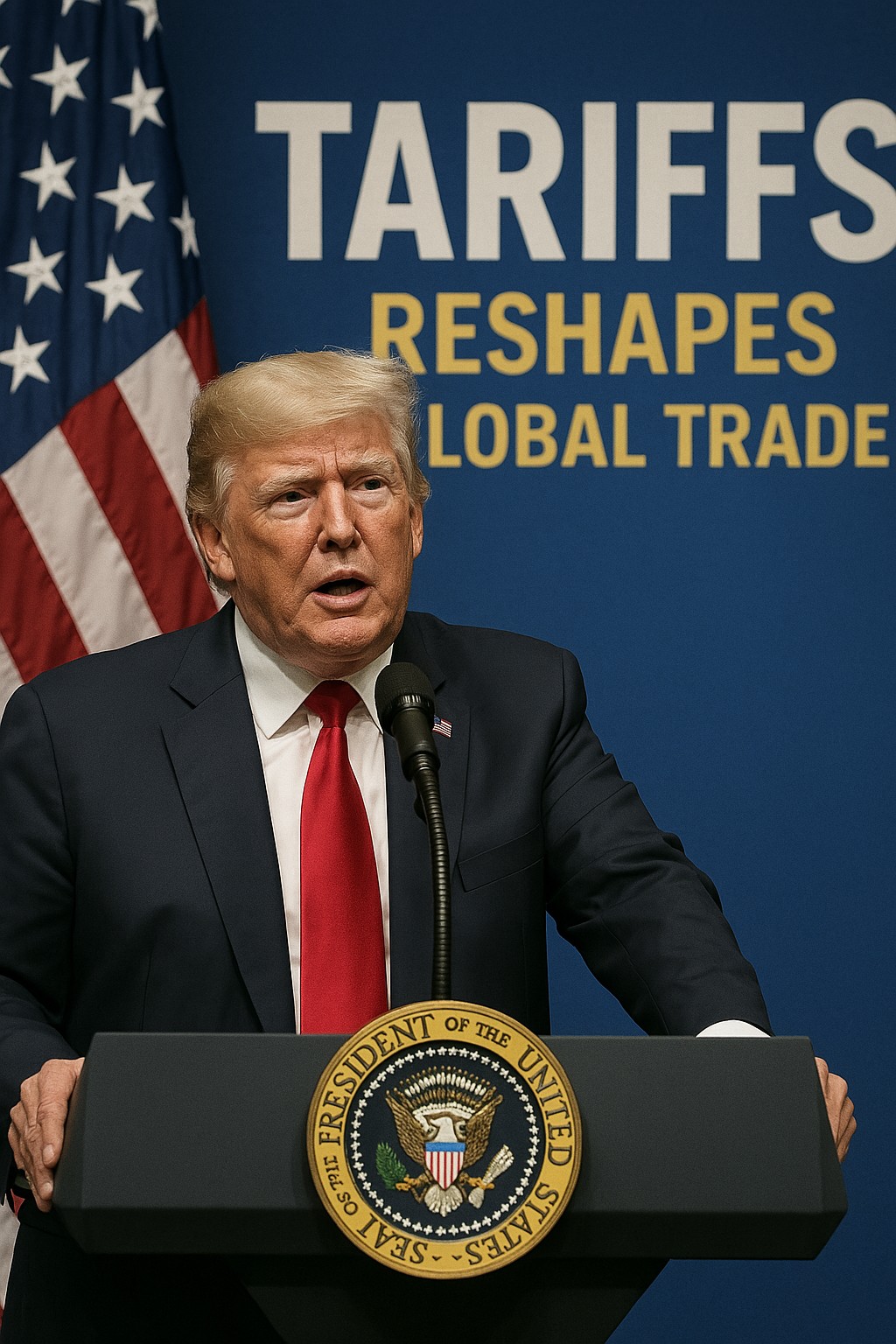
Malaysian government refuses to back down against China’s demands to halt oil exploration in the South China Sea (SCS). Prime Minister Anwar Ibrahim has clarified that Malaysia will continue its oil and gas activities near Sarawak state on Borneo Island, despite Beijing’s strong objections.
In recent months, tensions have risen in the SCS. China has claimed large sea areas, including parts Malaysia considers its own. However, Prime Minister Anwar emphasized that Malaysia will not be intimidated. He stated that the country’s oil and gas exploration efforts are crucial for economic growth.
Transitioning to a more diplomatic tone, Anwar expressed Malaysian governments intent to clarify its position. He noted that the country maintains a non-provocative stance in its dealings with China. This is important for fostering friendly bilateral relations. Malaysia values its partnership with China but will not compromise its sovereignty over its maritime resources.
Moreover, Anwar highlighted the economic advantages of continuing exploration in Malaysian waters. The oil and gas sector is vital for Malaysia’s economy. It contributes significantly to government revenue and job creation. Halting exploration would have detrimental effects on the country’s economic stability.
Despite China’s objections, Malaysia has clarified that it will assert its rights. The Prime Minister stated that Malaysia is committed to operating within its jurisdiction. By doing so, Malaysia aims to strengthen its position in the region while ensuring the well-being of its citizens.
Transitioning to the broader implications, this situation reflects ongoing tensions in the South China Sea. The area is rich in natural resources and vital shipping lanes. As a result, several countries, including Vietnam and the Philippines, face similar challenges to China’s claims.
In addition, the international community is watching closely. Support from allies could play a crucial role in this matter. Countries like the United States have shown their commitment to upholding freedom of navigation in the SCS. Their involvement could deter aggressive moves by China.
Furthermore, Anwar’s administration is keen to maintain dialogue with Beijing. He believes that open communication is essential for resolving disputes. By explaining Malaysia’s position, the government hopes to reduce tensions. This approach aims to foster mutual respect and understanding between the two nations.
Malaysia’s refusal to halt oil exploration in the South China Sea marks a significant development in regional politics. Prime Minister Anwar Ibrahim clarified that Malaysia values sovereignty and economic interests. While China continues to express objections, Malaysia is committed to its path. The situation highlights the delicate balance between national rights and diplomatic relations in a complex geopolitical landscape. As Malaysia moves forward, the world will watch how this situation unfolds in the coming months.




